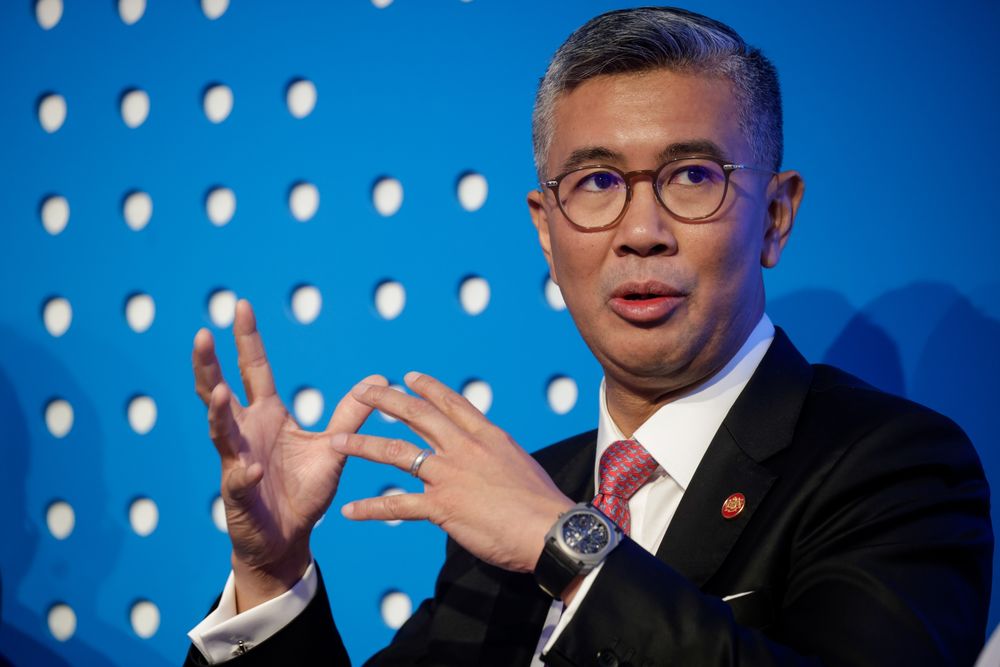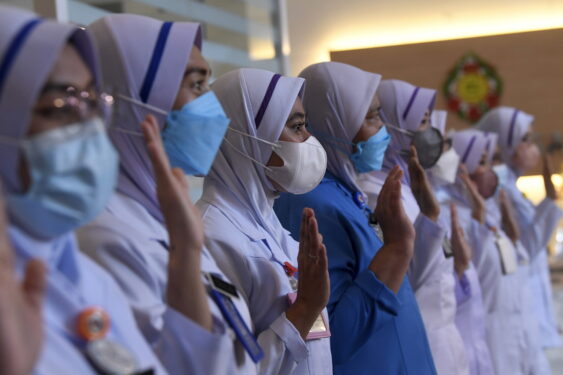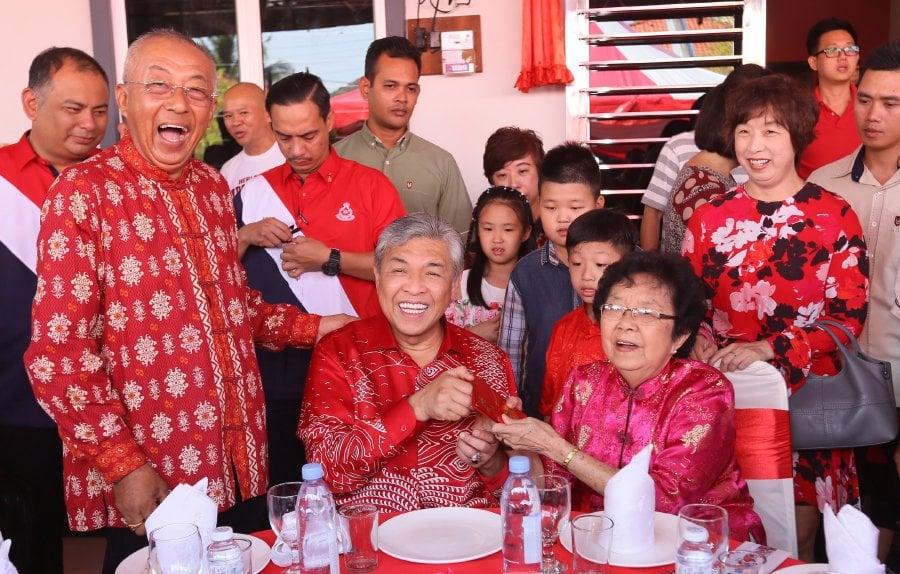INCREASED private consumption boosted by resumed activities will accelerate the country’s economic growth this quarter after expanding at the fastest pace in a year, Finance Minister Tengku Datuk Seri Zafrul Abdul Aziz said.
“People are underestimating the strength of the pent-up demand,” he told Bloomberg in an interview that was published today.
“Restaurants are packed, traffic jams have returned, the unemployment rate has fallen to below 4% and the first-half tax collections have been way above our estimate.”
Malaysia’s gross domestic product (GDP) expanded 8.9% in the April-June period from a year earlier, with economic recovery aided by a boom in overseas trade, after both export and import values hit records in June.
Bank Negara Malaysia (BNM) is also projecting full-year growth to be at the upper end of its 5.3%-6.3% forecast.
However, the outlook will be more challenging heading into 2023 because of slowdown fear in the global economy, Tengku Zafrul said.
He pointed to several “concerning” developments, such as the “stumbling growth” in China, Malaysia’s largest trading partner, and the US Federal Reserve’s “aggressive” monetary tightening.
He also raised fears about an escalation in US-China tensions after US House Speaker Nancy Pelosi’s recent visit to Taiwan, which Beijing had warned against and promptly retaliated with threatening moves in the Taiwan strait.
“There are things that are not in our control,” Tengku Zafrul noted, adding that the Government hopes inflation concerns in the US ease and China addresses its “conservative” COVID-19 containment measures.
“Inflation to be managed”
Meanwhile, Tengku Zafrul said Malaysia’s inflation pressures are expected to remain partly contained because of the Government’s price controls on food items and fuel subsidies.
“Our inflation has been under control relative to what we see in the rest of the world,” Tengku Zafrul said. “But this comes at a high fiscal cost.”
This comes after the Government held off on raising electricity and water tariffs – a decision that will cost the Government RM80 bil (according to Bloomberg) compared to the RM31 bil budget that was allocated.
Moving forward, Tengku Zafrul said the Government will rely on revenues from high commodity prices, robust tax collections, a one-off prosperity tax on companies and dividends from state entities like Petronas and Khazanah Nasional Bhd.
“The easiest way”, however, is to borrow more, Tengku Zafrul noted, pointing to the debt-to-GDP ratio of 60.4% still being below the statutory debt ceiling cap of 65%.
“But we are committed to a fiscal deficit target at 6% of GDP,” he clarified. “Pre-pandemic, our deficit was at 3.5%. We have to get there eventually.”
Targeted fuel subsidies and ringgit depreciation
Meanwhile, on targeting fuel subsidies, Tengku Zafrul said the Government is testing out a mechanism for such a system at select gas stations.
“We are testing platforms, including e-wallets, and hopefully will take it to the Cabinet by the year-end. It is up to the Cabinet to decide on its implementation,” he said.
According to Bloomberg, subsidies on fuels and cooking gas alone are projected to be about RM37 bil this year, most of which benefit the higher-income groups, according to the finance ministry.
The implementation of targeted subsidies will likely be done in stages and after taking into account the prevailing inflation rate, Zafrul said.
On the depreciating ringgit, Tengku Zafrul said many other currencies have also depreciated against the US dollar.
“Ringgit isn’t the only one that has weakened, though some people are spinning it that way,” he said.
“Apart from BNM ensuring the currency fluctuations are not severe, it comes down to the economy’s fundamentals,” he added.
“We need to strengthen them and the ringgit will reflect that. The GDP data validate the recovery.” – Aug 14, 2022
Main photo credit: Bloomberg










